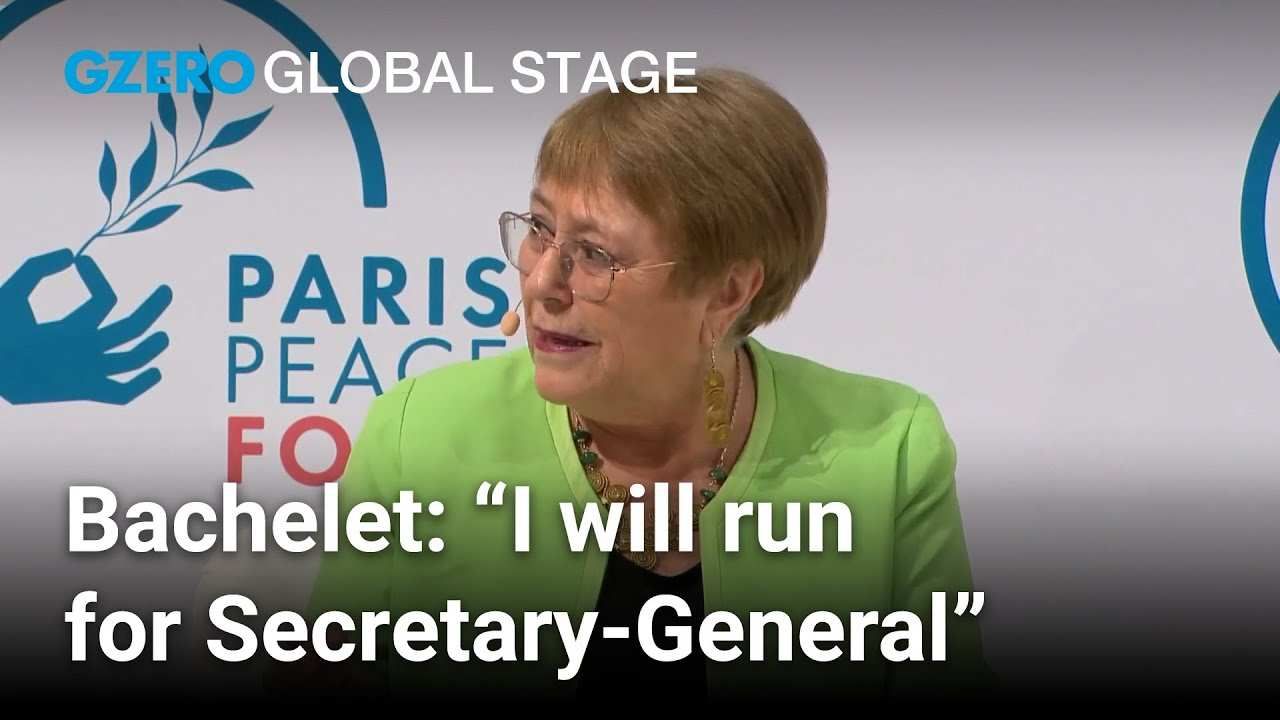WHAT WE'RE WATCHING
China’s Secret Weapons — US chipmaker Qualcomm abandoned a $44 billion deal to buy Dutch counterpart NXP on Wednesday after a deadline passed with no word from China’s antitrust regulators. Beijing’s approval was the only obstacle holding up the merger. The White House had lobbied hard for this deal, and President Trump spent plenty of political capital bailing out ZTE, a Chinese tech giant pushed to the brink of bankruptcy by US penalties. The saga is another reminder that the US-China trade war isn’t just about tariffs, and that both countries have many weapons at their disposal. The risk of escalation has just gone up.
Zimbabwe’s Election — Since independence in 1980, Zimbabwe has never had an election without Robert Mugabe. That streak will end on Monday. And this will be a vote worth watching. All political parties have been able to hold rallies without police interference, and US an European election observers have been welcomed for the first time in 16 years. In addition, Zimbabwe’s Electoral Commission says its new fingerprint ID system will help prevent the cheating that has marred past elections.
US politics adrift — A vandal attacked Donald Trump’s star on the Hollywood Walk of Fame with a pickaxe this week, and someone reportedly boarded and set adrift a $40 million 163-foot yacht owned by Trump administration official Betsy DeVos. Some will find these stories funny. Others, like your Friday author, believe there are 100,000 legitimate forms of protest, and vandalism is not one of them. It’s also the last thing the current US political climate needs.
WHAT WE’RE IGNORING
Steve Bannon — First came news the most overrated man in Washington was headed to Europe to launch a pan-European far-right political movement. Because Europeans who win votes with anti-American rhetoric badly need American help. Then came word that Bannon is in regular contact with former UK foreign minister and political bad boy Boris Johnson. Add Nigel Farage, and we’ll have that scene at the end of the film This Is Spinal Tap where the washed-up metal band reunites for a tour of Japan.
Zuckerberg’s Taste in Art — Facebook is having an awful week, but here’s yet another reason why it’s hard to sympathize. The Flemish tourist board accused Facebook this week of censoring a number of posts featuring paintings by Flemish masters—apparently because they included nudity. Let’s be crystal clear: Your Friday author is no fan of all those pudgy little cherubs Rubens has inflicted on us, but Zuckerberg better not be messing with Breughel the Elder.
Putin’s Inflatable Trojan Horse? — A soccer ball Vladimir Putin gave Donald Trump during their Helsinki summit reportedly contains a chip that can transmit information to nearby cell phones. (For the record, this is not satire). We’re ignoring this story because Trump’s well-known aversion to sports that provoke perspiration suggests Russian intelligence is much more likely to learn what 12 year-old Barron Trump wants for dinner than any presidential secrets.
